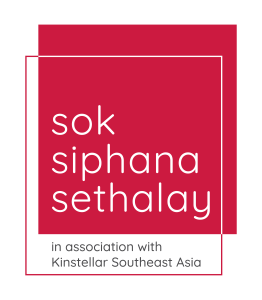Trustee’s Obligations to Report and Notify, and Request for Approval
On 20 December 2023, the Non- Bank Financial Services Authority issued Prakas No. 67 on Trustee’s Obligations to Report, Notify, and Request for Approval (“Prakas No. 67”). This new regulation specifically sets out a trustee’s obligations to submit reports, notifications, and seek prior approval from the Trust Regulator (“TR“) in order to enable the TR to more efficiently oversee the performance of the trustee’s duties and to ensure efficiency, transparency, and accountability in compliance with the law and regulations in the trust sector in Cambodia.
What’s new?
The following are some key obligations imposed by the Prakas No. 67:
- Reporting Obligation: The Prakas No. 67 requires trustees to submit reports to the TR on a monthly, quarterly, and annual basis. Pursuant to Article 7 of the Prakas No. 67, trustees must now submit:
- monthly reports no later than the 10th of the following month;
- quarterly reports no later than the 15th of the first month of the following quarter; and
- annual reports no later than the 31st of March of the following fiscal year.
- Notification Obligation: The Prakas No. 67 also sets out obligations of trust companies to submit a written notification to the TR in any of the following events:
| Prompt Notice |
|
| Seven (7) day’s Notice |
|
| Thirty (30) day’s Notice |
|
- The requirement to secure approval: Trust company must request for TR’s approval prior to occurrence of any of the following events:
- any merger, acquisition of shares, transfer of trust operations, initiation of insolvency proceedings, dissolution, or suspension or cessation of its trust operations;
- establishment of a subsidiary, branch, or representative office related to trust operations.
- The requirement for monthly contribution: The Prakas No. 67 requires trustees to remit to the TR’s account a monthly contribution amounting to 4% of the total monthly income derived from its trust operations. These monthly contributions must be made quarterly, specifically by the 15th of the first month of the following quarter or within an appropriate timeframe specified by the TR.
Contributing Authors:
Matthew RENDALL
Managing Partner
+855 10 890 632
matthew.rendall@soksiphana.com
Visot NOM
Associate
+855 81 238 195
Sopheareach PRUM
Paralegal
+855 81 886 274
prum.sopheareach@soksiphana.com
This alert is for general information only and is not a substitute for legal advice.





